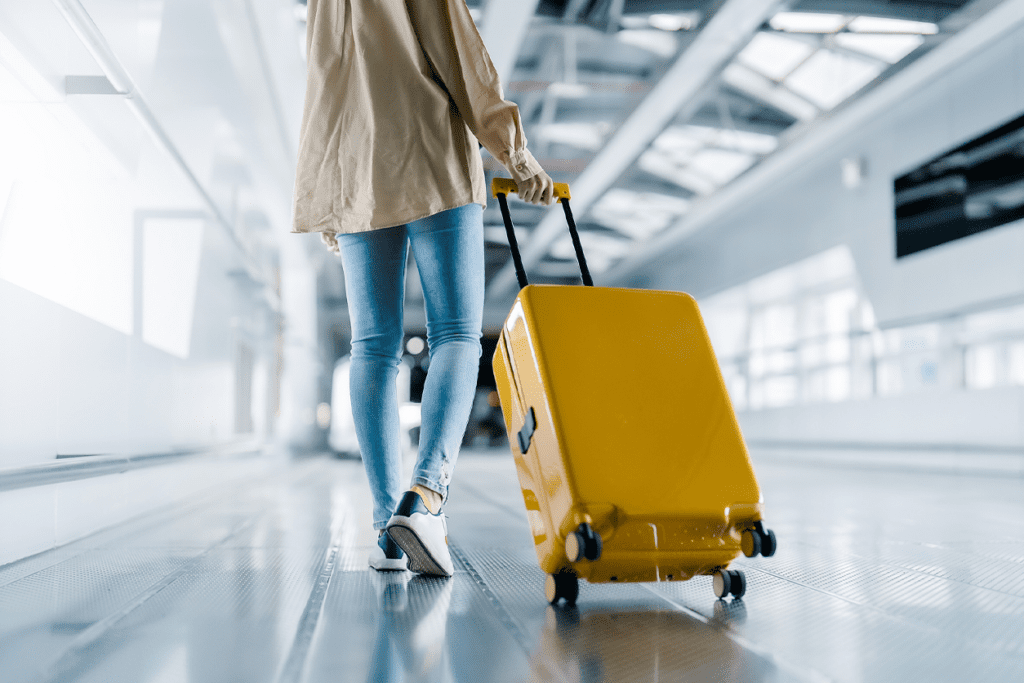
Identify health and vaccination requirements ahead of spring travel to enjoy a worry-free getaway.
The anticipation of spring makes many of us start to daydream about sunny destinations, outdoor adventures, and the much-awaited spring break. Whatever your travel plans, there are important safety and health precautions to consider, including vaccination reminders.
Let’s dive into some ideas for making the most of spring travel while keeping health and safety a top priority.
Pre-trip checklist
Wherever you’re headed, be sure you are up to date on all of your routine vaccines. Routine vaccinations protect you from infectious diseases such as measles that can spread quickly in groups of unvaccinated people. The ones you need before travel may depend on your age, health, and vaccine history.
Also, before you go, make sure you pack adequate sunscreen, pain relief, hand sanitizer, and any prescribed medications to help avoid a medical emergency. A refillable water bottle will help you stay hydrated during flights and long days of touring.
Finally, to avoid gastrointestinal issues while traveling, check out the Center for Disease Control and Prevention (CDC) Food and Drink Concerns While Traveling. Basic hygiene like handwashing with soap and water goes a long way toward keeping everyone in your party healthy.
International travel tips
When planning a trip abroad, it’s wise to stay informed about any specific health requirements or recommendations for your chosen destination. Some countries may have unique vaccination prerequisites or health advisories. You can review both by using the Centers for Disease Control and Prevention Destinations search tool.
Also, check for any safety travel advisories for your destination from the U.S. Department of State. These advisories assign each country a relative safety level from 1 to 4, with 1 being the lowest.
Spring break adventures
For students, spring break delivers a well-deserved escape from the routine and a chance to embrace new experiences. However, spring-breakers can still enjoy themselves while maintaining control of their health and sexual wellness. That means drinking responsibly, practicing safe sex, and talking to prospective partners about sexually transmitted infections (1 in 5 people in the United States have one at any given time). Above all, sexual health also means respecting one another’s choices when it comes to consent.
Post-travel advice
Occasionally, you may get infected during travel but not have symptoms until you get home. If you recently traveled and feel sick, particularly if you have a fever, talk to your healthcare provider and tell them about your travel.
One final note before you close that suitcase: while travel provides us wonderful memories, we should always prioritize our health and well-being. By staying mindful of vaccination reminders, adhering to travel safety guidelines, and embracing the spirit of adventure responsibly, we can make the most of vacations while safeguarding our health and the health of those around us.
Disclaimer: This blog content and linked materials are not intended as individual medical advice, diagnosis or treatment, and should not be considered as such. Any readers with medical concerns should contact a licensed healthcare provider. This blog is provided for informational purposes only.
